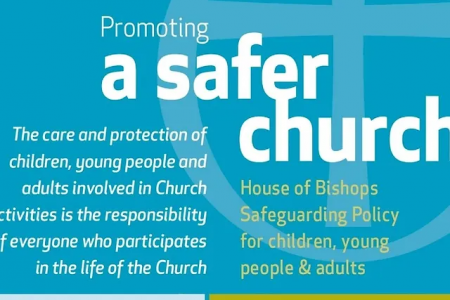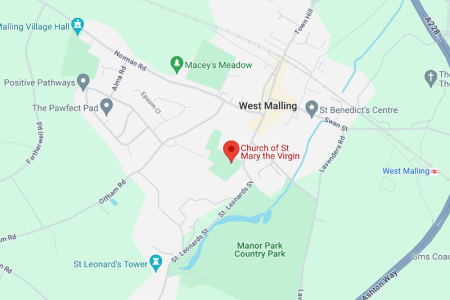We are St Mary’s, the parish church for West Malling. We believe Jesus’ message is vital for the world in which we live and we seek to present that message in a way that mixes both time-honoured elements of our tradition with ways that are appropriate to our community of the 21st century.
We meet together to worship God, to hear and respond to His word, to support each other in the Christian life and to reach out to others. We hope you find what answers to your initial queries here on this website, and we look forward to meeting you in person soon.








